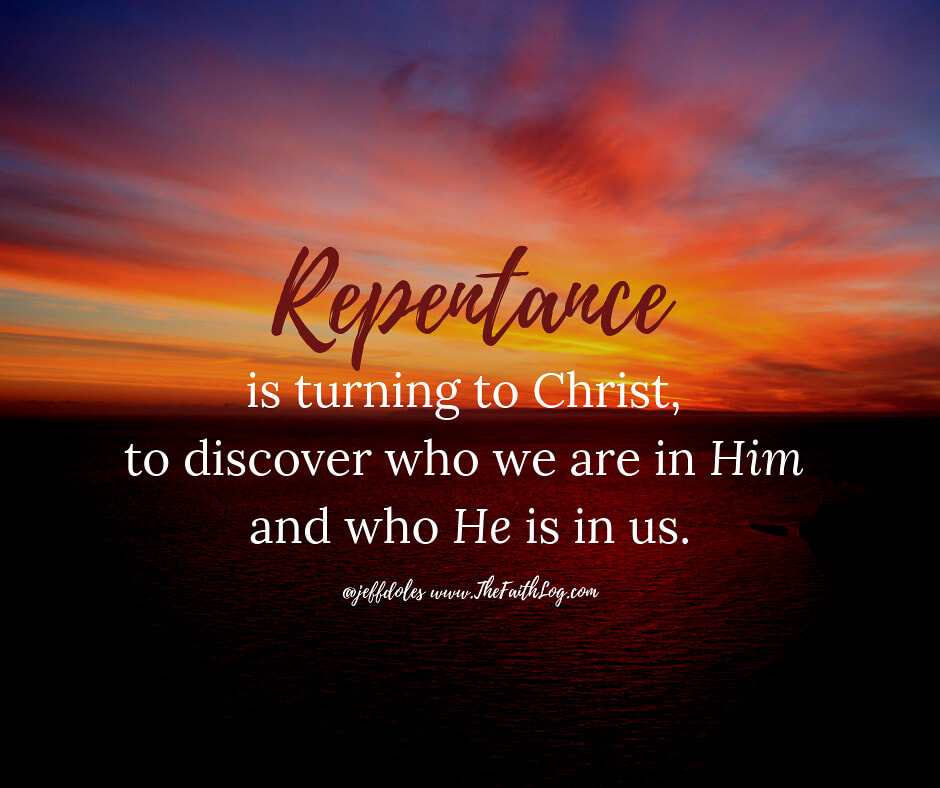
When I first read President Nelson’s words, I was very unsettled about the need for daily repentance. What does that look like, I wondered. I asked Lance and Rob Dow and Bishop Ropelato and my brother. I wanted to do was Pres Nelson instructed but did not know what it looked like in my life because there are days when I do not do anything bad. (I know that surprises some of you!) Honestly. There are days when I know very well what I need to repent of, there are days when I ask Heavenly Father what I need to repent of and He lets me know, and there are days when I ask what I need to repent of and I cannot think of anything. Yet I knew that if President Nelson (and President Eyring and President Ballard, all of whom have said similar things) needs to repent daily then surely I do too.
Still unsure of exactly what I was supposed to do, I tried to follow President Nelson´s counsel; every night in my prayers, I reviewed my day, searching for ways I have not lived up to my quest to emulate my Savior. Recently, while leading a family Come Follow Me lesson, I realized that the power of President Nelson´s words comes in the regular, daily focus on repentance.
It was not until I was bearing my testimony of repentance that I understood the power of regular, daily repentance in my life. It is not that I repent every day. Some days I have not done anything wrong, I have not been plagued by bad thoughts and I have not missed any opportunities to serve of which I am aware. Some days I honestly cannot find anything to repent of. However it is not repenting daily that is important, but a daily focus on repentance that is vital. Every day, in my evening prayers, I review my day, examining it by the light of Christ. If His light reveals shadowy thoughts or actions, I repent. If His light reflects off shining surfaces and situations, I thank. The power is in the process.
Elder Kyle McKay said “True repentance eventually emerges as a process that is not primarily the shedding of sin, but an earnest increase in righteousness. The process involves changing for the better in Christ and covenant making/keeping.” Father Abraham, for example, was already a “follower of righteousness” when he, seeking greater happiness and rest, sought be become a greater follower of righteousness. (Abraham 1)
A daily self-examination, using Christ’s light as the source of illumination, helps me see how, where, and what I need to do to become more like Him, to better follow Him, and to more effectively hear Him. Daily repentance makes me a “greater follower of righteousness”, increasing my access to the powers and blessings of the Atonement.

 RSS Feed
RSS Feed
